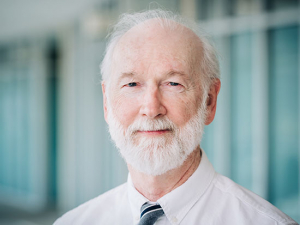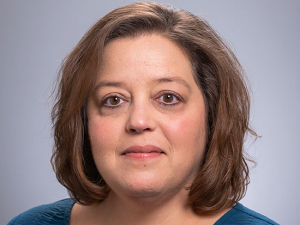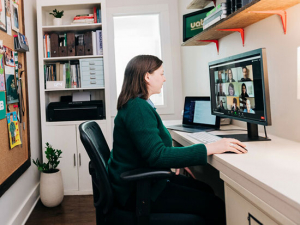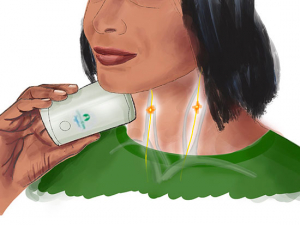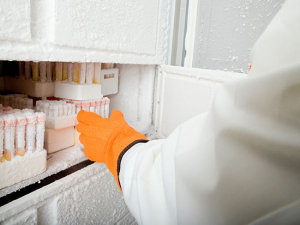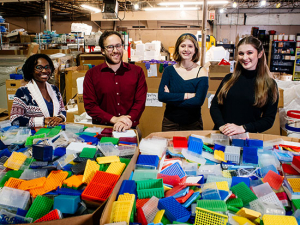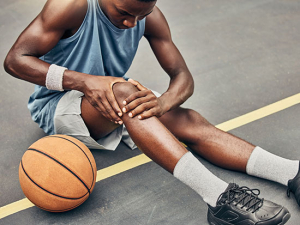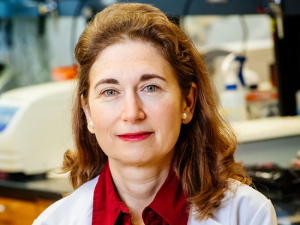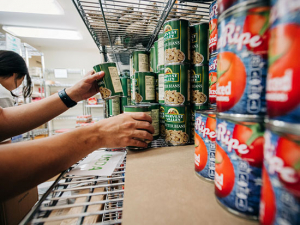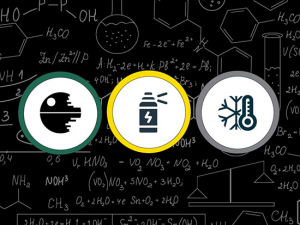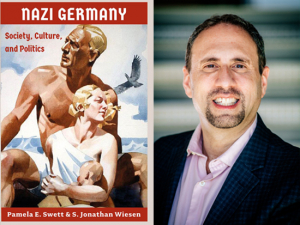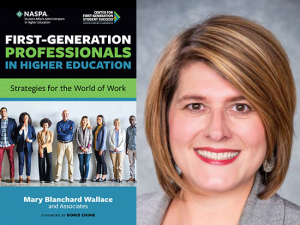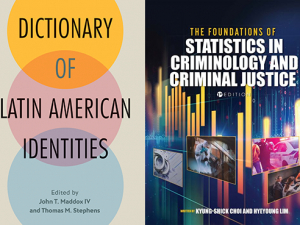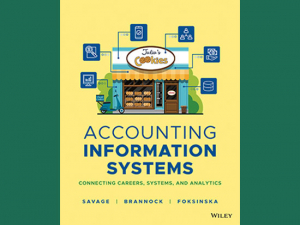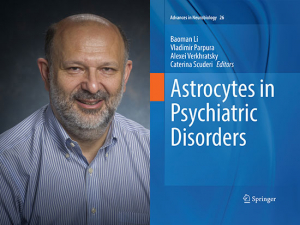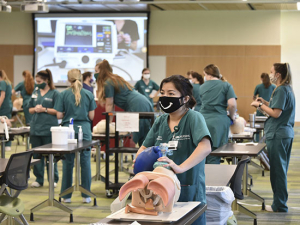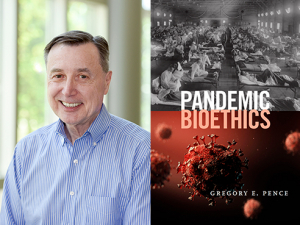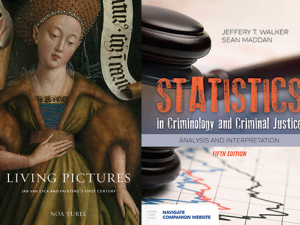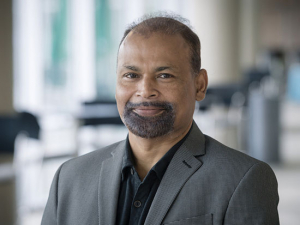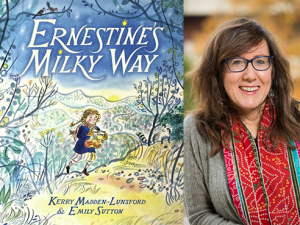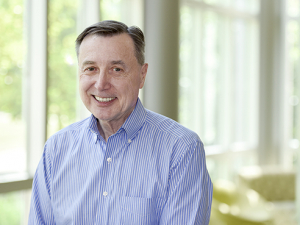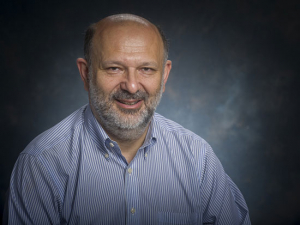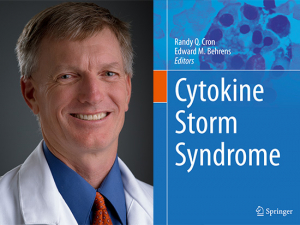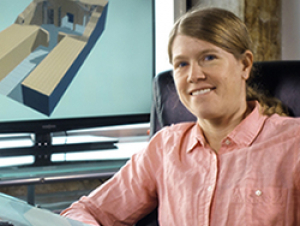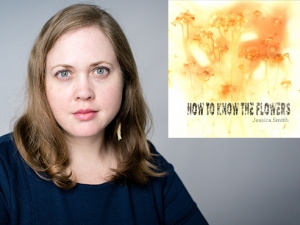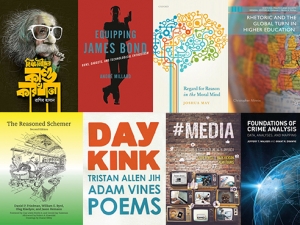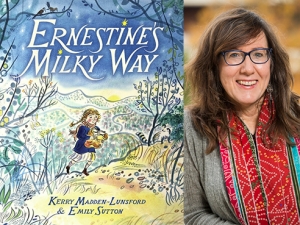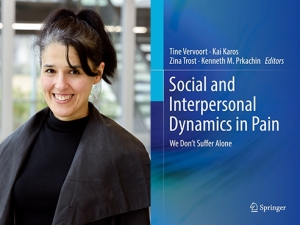
Matt Windsor
| This email address is being protected from spambots. You need JavaScript enabled to view it.Weaver is Distinguished Faculty Lecturer
Discoveries led by Casey Weaver, M.D., revealed a new commander of the immune system and a new class of therapies for autoimmune diseases. In 2022, Weaver was elected to the National Academy of Sciences — now he has been selected for the academic medical center’s highest faculty honor.
Colleagues share impact of 2022 Shared Values award winner — and she shares how to get the most from UAB
Reduce stress with this quick, self-paced office ergonomics course
Four high-tech health devices being tested at UAB now
Take a look at new technologies being studied at UAB for treatment of depression, sleep apnea, traumatic brain injury and tic disorders.
Why I am a Green Lab: Scientists speak up
New grafts, seat belts, more recovery: Expert updates on treating and preventing ACL injuries
Each year, some 100,000 Americans have surgery to repair the knee’s anterior cruciate ligament, or ACL. But treatment and prevention best practices continue to evolve. Hear from a surgeon and a physical therapist on the latest thinking at UAB.
Anath Shalev, M.D., did everything she could to change treatment for Type 1 diabetes from her lab, but getting to first-in-human trials meant taking a step she had always resisted. The most surprising thing about launching a startup, though? “I have enjoyed it.”
Unload, weed, assist shoppers and more. Here are six ways you can serve your fellow Blazers at UAB’s food pantry as it experiences record growth.
